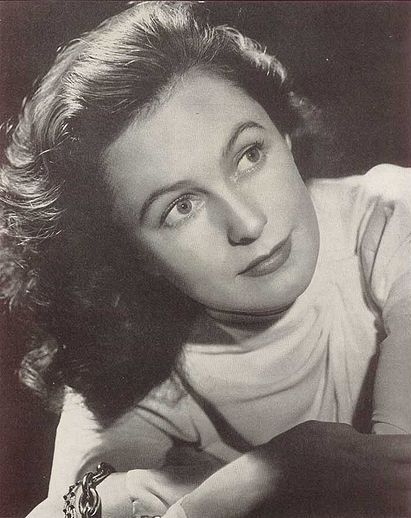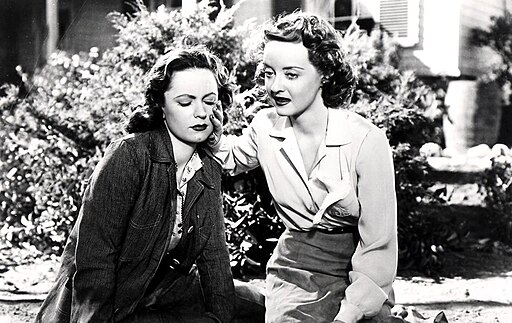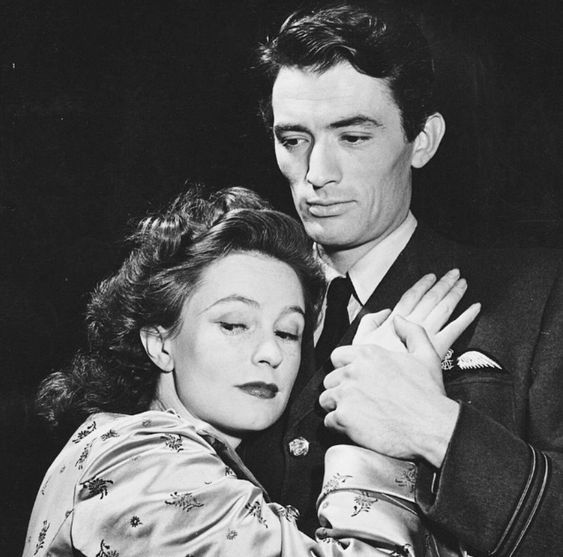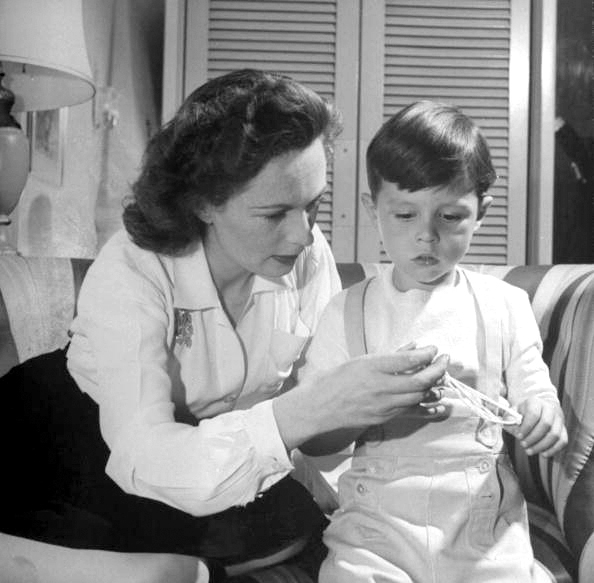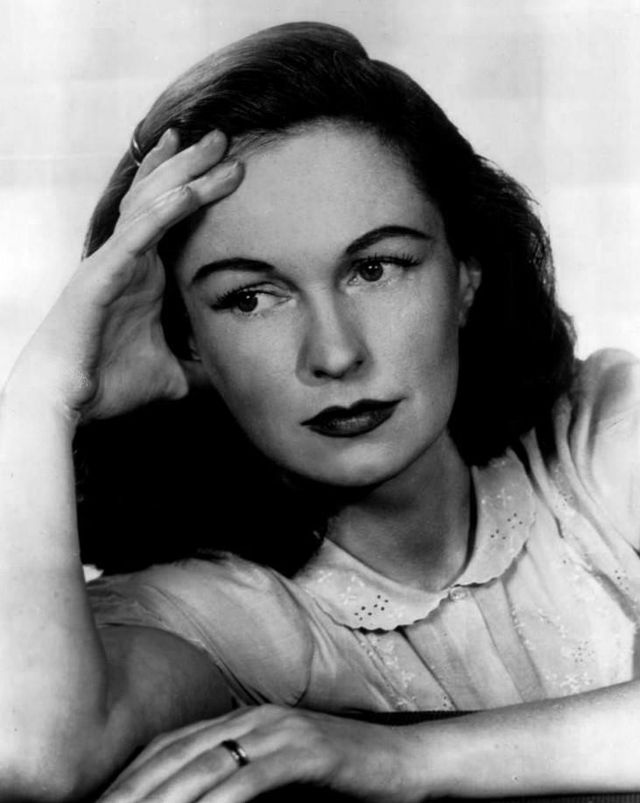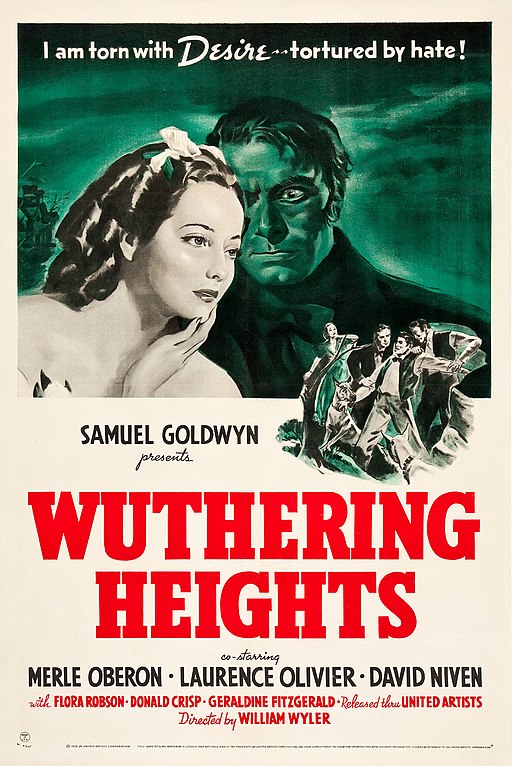Geraldine Fitzgerald
back| Full Name | Geraldine Mary Fitzgerald |
| Stage Name | Geraldine Fitzgerald |
| Born | November 24, 1913 |
| Birthplace | Greystones, County Wicklow, Ireland |
| Died | July 17, 2005 |
| Buried | Fitzgerald was cremated, and her ashes were given to her family |
| Married to | Edward Lindsay-Hogg (1936-1946) - Stuart Scheftel (1946-1994) |
| Children | Michael Lindsay-Hogg (son with Edward Lindsay-Hogg) - Susan Scheftel (daughter with Stuart Scheftel) |
| Notable films | Wuthering Heights (1939) - Dark Victory (1939) - Watch on the Rhine (1943) - O.S.S. (1946) |
Geraldine Fitzgerald
The Nuanced and Vulnerable Actress
Geraldine Fitzgerald (1913–2005) was an Irish actress whose career spanned stage, film, and television. Born in Greystones, County Wicklow, she gained recognition for her nuanced performances and versatility.
Fitzgerald's breakthrough came with her role in "Wuthering Heights" (1939), earning her an Academy Award nomination. Her career featured significant roles in films like "Dark Victory" (1939) and "The Pawnbroker" (1964).
Related
Geraldine Fitzgerald (1913 – 2005)
Biography and Career Overview
Geraldine Fitzgerald was an actress of remarkable depth and versatility, whose career spanned across stage, film, and television, captivating audiences from the 1930s through to the late 20th century. Born on November 24, 1913, in Greystones, County Wicklow, Ireland, Geraldine Mary Fitzgerald hailed from a well-to-do family. Her father, Edward Fitzgerald, was a solicitor, while her mother, Mary (née Callaby), was of Italian descent. The blend of her Irish roots and Mediterranean heritage contributed to her distinctive, ethereal beauty, which, coupled with her immense talent, would later captivate audiences around the globe.
Early Years and Path to Success Fitzgerald's journey into the world of acting began in Dublin, where she was drawn to the vibrant local theatre scene. Her passion for the arts led her to the Gate Theatre, one of Dublin's most renowned theatres, where she honed her craft and began to make a name for herself. Seeking to broaden her horizons, Fitzgerald moved to London in the mid-1930s, where she continued her acting career, performing in both stage productions and films.
It wasn't long before Hollywood took notice of her talents. Fitzgerald's breakthrough in the United States came with her role in "Wuthering Heights" (1939), where she played Isabella Linton opposite Laurence Olivier and Merle Oberon. This performance earned her critical acclaim and set the stage for a series of successful film roles during the late 1930s and 1940s, including notable appearances in "Dark Victory" (1939) with Bette Davis and "The Mill on the Floss" (1937).
Marriages and Personal Life Fitzgerald's personal life was as eventful as her career. She was first married to Edward Lindsay-Hogg in 1936, with whom she had a son, Michael Lindsay-Hogg, who would grow up to be a successful director. This marriage ended in divorce in 1946, the same year she married her second husband, Stuart Scheftel, a wealthy businessman and amateur pilot. Together, they had a daughter, Susan Scheftel, a psychotherapist. Fitzgerald's family life was characterized by her dedication to her children and her ability to balance her career with her personal responsibilities.
Passions and Interests Beyond acting, Fitzgerald had a passion for directing and was a trailblazer for women in the industry, directing several off-Broadway productions. Her interests were varied; she was known for her love of painting and the arts, as well as her involvement in various social causes throughout her life.
Death and Legacy Geraldine Fitzgerald passed away on July 17, 2005, in New York City, after a long battle with Alzheimer's disease. She was 91 years old. Her death marked the end of an era for those who had followed her illustrious career, which spanned over six decades. Fitzgerald's contribution to the performing arts, characterized by her distinctive voice, striking presence, and emotional depth, has left an indelible mark on the industry.
Geraldine Fitzgerald's journey from the stages of Dublin to the silver screens of Hollywood and beyond is a testament to her talent, determination, and pioneering spirit. Her legacy as an actress and director continues to inspire future generations, making her a cherished figure in the annals of cinematic and theatrical history.
Geraldine Fitzgerald in Dark Victory:
Notable Movies featuring Geraldine Fitzgerald:
1930s
- "The Mill on the Floss" (1937): In this adaptation of George Eliot's novel, Fitzgerald plays Maggie Tulliver, a woman torn between her family obligations and her desire for personal happiness.
- "Wuthering Heights" (1939): Fitzgerald portrays Isabella Linton in this classic adaptation of Emily Brontë's novel, finding herself tragically entangled in the doomed love between Heathcliff and Catherine.
1940s
- "Dark Victory" (1939): Fitzgerald supports Bette Davis's character, who is a socialite grappling with a terminal illness, by playing the role of her loyal friend, Ann King.
- "The Gay Sisters" (1942): Fitzgerald is one of the titular Gay sisters, in a drama about three siblings battling over their inheritance.
- "Watch on the Rhine" (1943): In this wartime drama, Fitzgerald plays Marthe de Brancovis, a member of a family involved in anti-Nazi activities.
- "O.S.S." (1946): This wartime spy thriller features Fitzgerald in the role of a member of the Office of Strategic Services, working against Axis powers during World War II.
1950s and 1960s
Her appearances in films became more sporadic as she focused on television and stage work.
1970s
- "Rachel, Rachel" (1968): Although slightly out of the requested timeline, it's worth noting this film for Fitzgerald's role in a story about a schoolteacher's emotional awakening, directed by Paul Newman.
- "The Pawnbroker" (1964): Fitzgerald delivers a powerful performance as Marilyn Birchfield, a social worker trying to help a tormented pawnbroker, in a film exploring themes of survival and guilt.
1980s
- "Arthur" (1981): Fitzgerald plays the wealthy and disapproving grandmother of Linda, the love interest of the titular character, in this comedy about a drunken but lovable millionaire.
- "Arthur 2: On the Rocks" (1988): She reprises her role in the sequel, continuing her character's disapproving stance towards Arthur's lifestyle and choices.
Her Stellar Acting Performance:
Geraldine Fitzgerald's acting style was a compelling blend of subtlety, depth, and emotional resonance, which set her apart in an era dominated by larger-than-life Hollywood personas. Her performances were characterized by an innate ability to convey complex emotions through minimalistic expressions and gestures, a testament to her training and background in the theater. This nuanced approach allowed her to create memorable, multi-dimensional characters that felt both real and profoundly human.
Fitzgerald's versatility was one of her most notable attributes. She seamlessly transitioned between various genres, including drama, romance, and comedy, showcasing her broad range as an actress. In classic films such as "Wuthering Heights" and "Dark Victory," she was able to hold her own alongside other cinematic legends, bringing a unique blend of strength and vulnerability to her roles. Her portrayal of Isabella Linton in "Wuthering Heights," for example, highlighted her skill in navigating the complexities of her character's transition from innocence to disillusionment.
Another hallmark of Fitzgerald's acting style was her exceptional use of her eyes to convey her characters' inner thoughts and feelings. Critics and audiences alike praised her ability to communicate volumes with a single look, a skill that enhanced the emotional depth of her performances. This capability was particularly evident in her roles in films such as "The Pawnbroker," where her portrayal of a Holocaust survivor showcased her talent for expressing profound grief and resilience without resorting to melodrama.
Fitzgerald's approach to acting was also characterized by her intelligent interpretation of her characters. She approached each role with a deep understanding of the character's motivations and background, which allowed her to deliver performances that were both authentic and compelling. This intellectual depth was complemented by her natural elegance and grace, qualities that added a timeless appeal to her on-screen presence.
Despite her success in film, Fitzgerald never abandoned her roots in the theater, which continued to influence her acting style throughout her career. Her stage experience endowed her with a strong command of voice and movement, enabling her to project her characters' emotions effectively to both live audiences and film cameras.
In summary, Geraldine Fitzgerald's acting style was marked by a rare combination of subtlety, emotional depth, and versatility. Her ability to infuse her characters with a profound sense of humanity, coupled with her elegant presence and nuanced performances, ensured her place as one of the most respected and memorable actresses of her time.
Awards and Recognition:
Geraldine Fitzgerald, despite her significant contributions to film and theatre, did not receive a vast number of awards and nominations throughout her career, a fact that reflects more on the era and the roles available to women at the time than on her immense talent. However, she was recognized and celebrated within the industry for her work.
One of her most notable recognitions came early in her career:
Academy Awards (Oscars): Geraldine Fitzgerald was nominated for Best Supporting Actress for her role in "Wuthering Heights" (1939). This nomination was particularly significant as it was during the early years of her career in Hollywood and for one of her most memorable roles, portraying Isabella Linton.
Outside of this Oscar nomination, Fitzgerald's work, especially on stage, was well-regarded by critics and peers, although specific awards for these performances are less documented. In the later years of her career, she focused more on theatre and television, where she continued to deliver compelling performances.
Significance of her Role in Wuthering Heights:
Geraldine Fitzgerald's performance in "Wuthering Heights" (1939) marked a pivotal moment in her career, establishing her as a significant talent in Hollywood and garnering her critical acclaim. As Isabella Linton, Fitzgerald delivered a nuanced portrayal that captured the complexity of her character's transition from naivety to disillusionment. This role showcased her ability to convey deep emotional undercurrents with subtlety and grace, distinguishing her from her contemporaries and highlighting her as a versatile and capable actress.
The significance of this role in her career can be attributed to several factors:
- Critical Acclaim and Industry Recognition: Fitzgerald's performance in "Wuthering Heights" earned her an Academy Award nomination for Best Supporting Actress. This recognition was not only a personal achievement but also a testament to her skill and dedication to her craft. Being nominated for an Oscar brought her to the attention of both the public and industry insiders, opening doors to more prominent roles in film.
- International Exposure: "Wuthering Heights" was a high-profile project with a cast that included Laurence Olivier and Merle Oberon, directed by William Wyler. Being part of such a prestigious ensemble cast in a film that received international acclaim provided Fitzgerald with exposure to a global audience. It cemented her status as a rising star in Hollywood and introduced her talents to a wide array of filmmakers and studios.
- Artistic Growth: Working on "Wuthering Heights" allowed Fitzgerald to further develop her acting skills. The film's dramatic intensity and the emotional depth required for her role pushed her to explore new dimensions of her craft. It was an opportunity for artistic growth, challenging her to convey the subtleties of her character's psychological transformation over the course of the narrative.
- Versatility as an Actress: Fitzgerald's role as Isabella Linton demonstrated her versatility as an actress, capable of handling complex emotional roles and making a memorable impact even in a supporting capacity. This versatility became a hallmark of her career, enabling her to move seamlessly between genres and roles, both on stage and in film.
- Legacy and Influence: Her performance in "Wuthering Heights" has endured as one of the highlights of her career, contributing to her lasting legacy in the film industry. It remains a reference point for her acting prowess and has influenced subsequent generations of actors who admire her ability to bring depth and nuance to her characters.
Comprehensive list of Movies with Geraldine Fitzgerald:
- 1934 - "Blind Justice"
- 1935 - "The Mill on the Floss"
- 1937 - "Turn of the Tide"
- 1938 - "The Dawn Patrol"
- 1939 - "Wuthering Heights"
- 1939 - "Dark Victory"
- 1940 - "A Child Is Born"
- 1940 - "The Long Voyage Home"
- 1941 - "Shining Victory"
- 1941 - "Flight from Destiny"
- 1942 - "The Gay Sisters"
- 1943 - "Watch on the Rhine"
- 1944 - "Wilson"
- 1946 - "Three Strangers"
- 1946 - "O.S.S."
- 1948 - "The Pawnbroker"
- 1948 - "So Evil My Love"
- 1951 - "Ten North Frederick"
- 1960 - "The Fiercest Heart"
- 1964 - "Rachel, Rachel"
- 1971 - "The Last American Hero"
- 1974 - "Harry and Tonto"
- 1976 - "Echoes of a Summer"
- 1978 - "Arthur"
- 1981 - "Arthur 2: On the Rocks"
- 1987 - "Poltergeist II: The Other Side"
- 1988 - "Easy Money"

